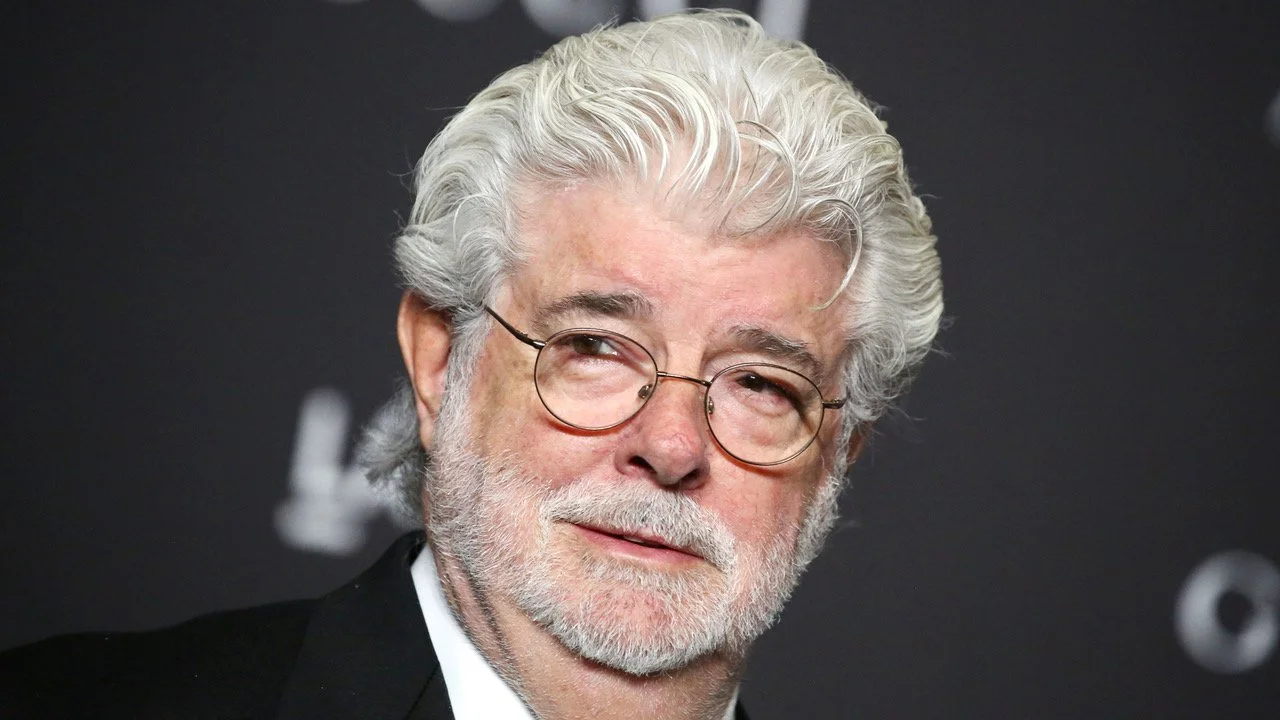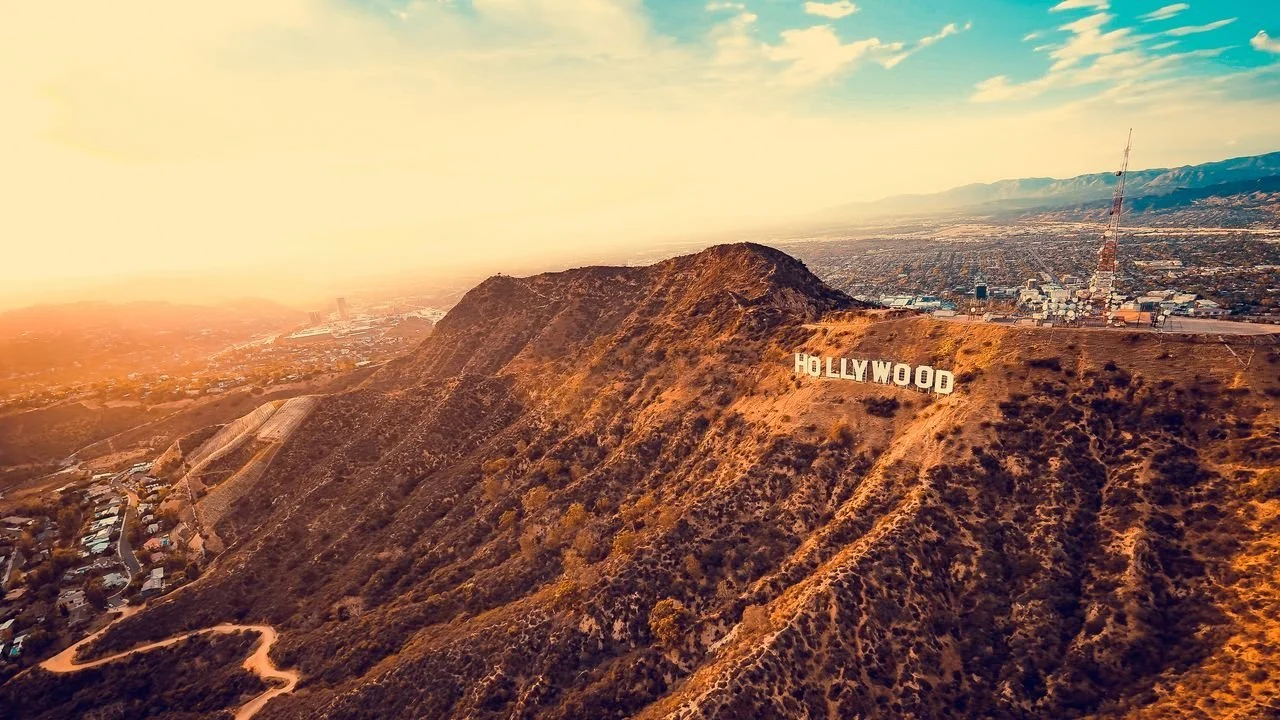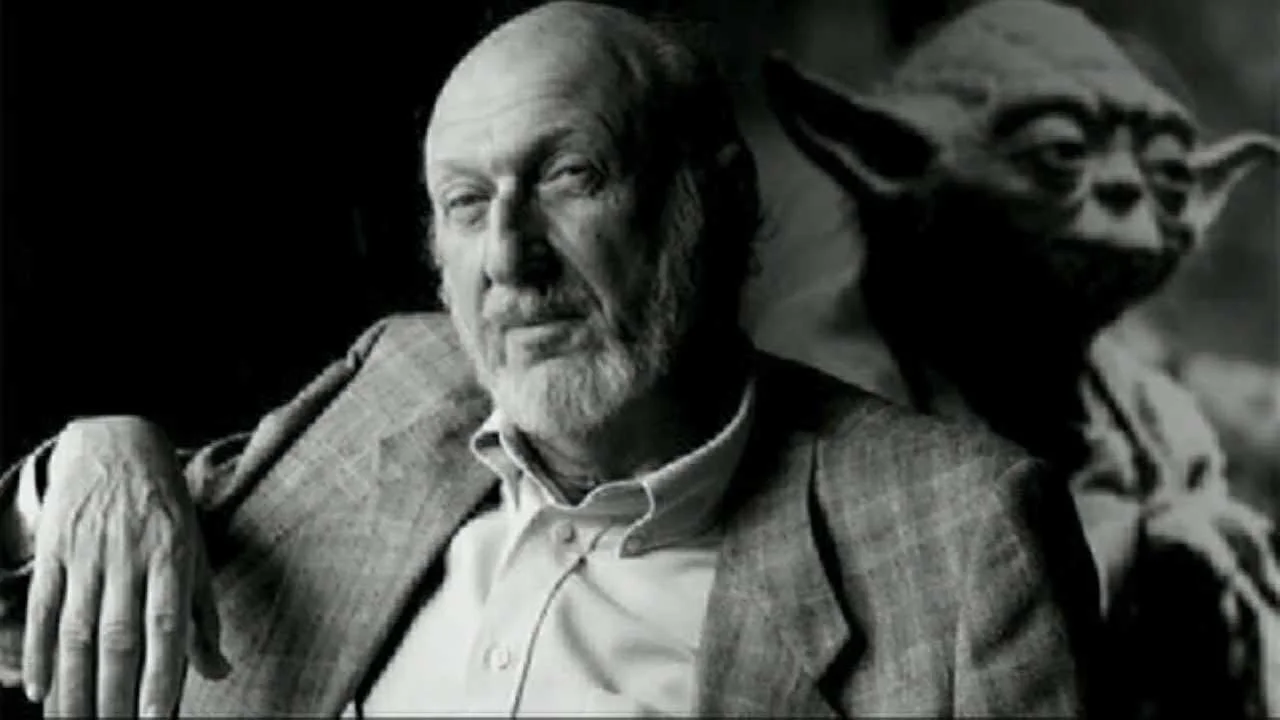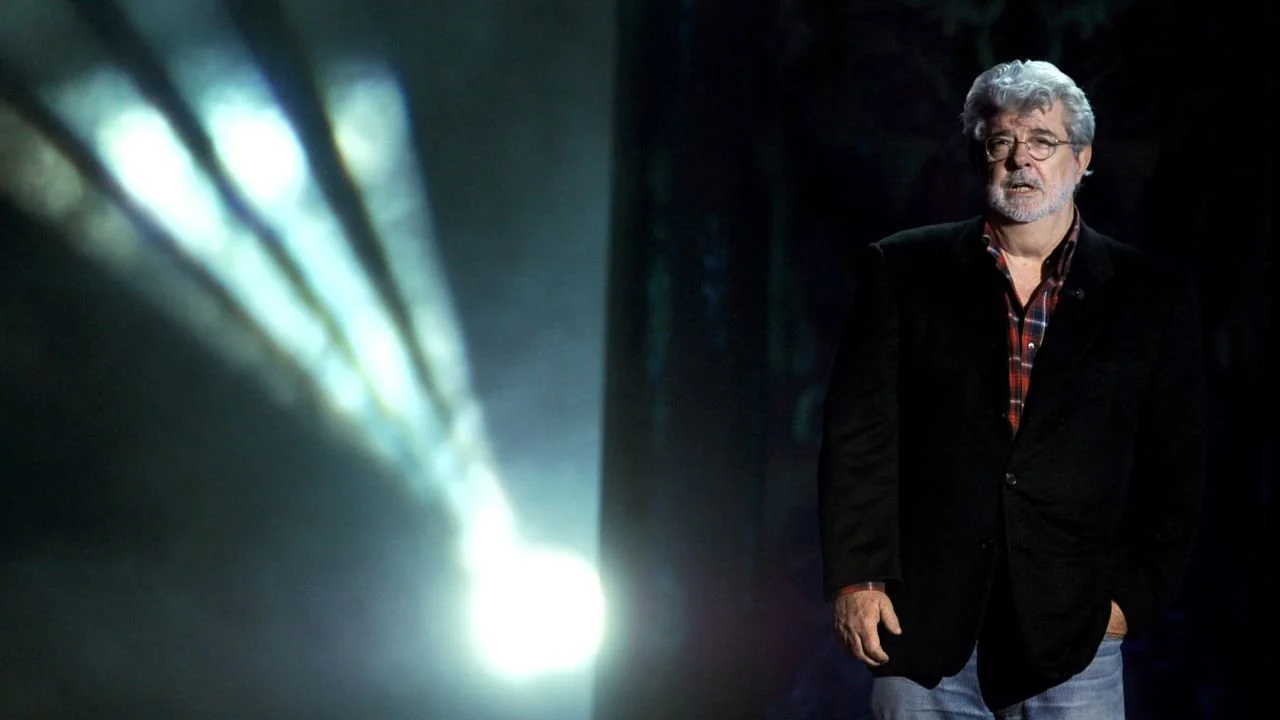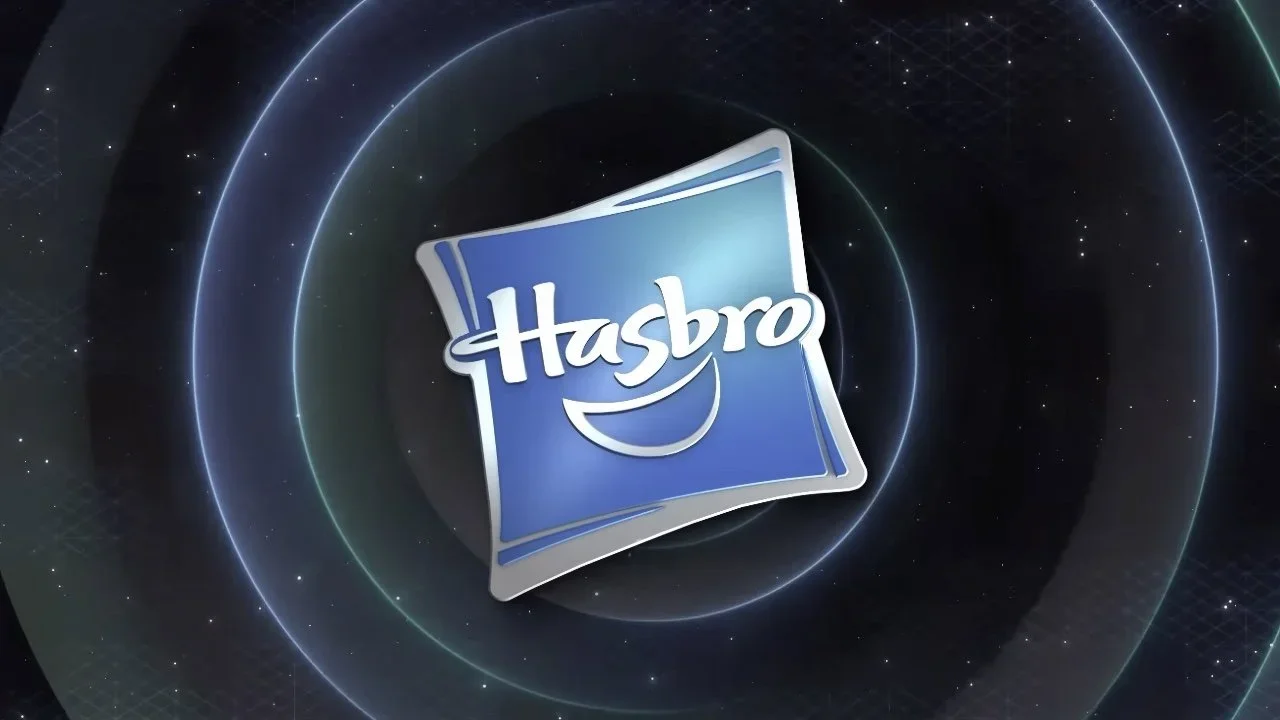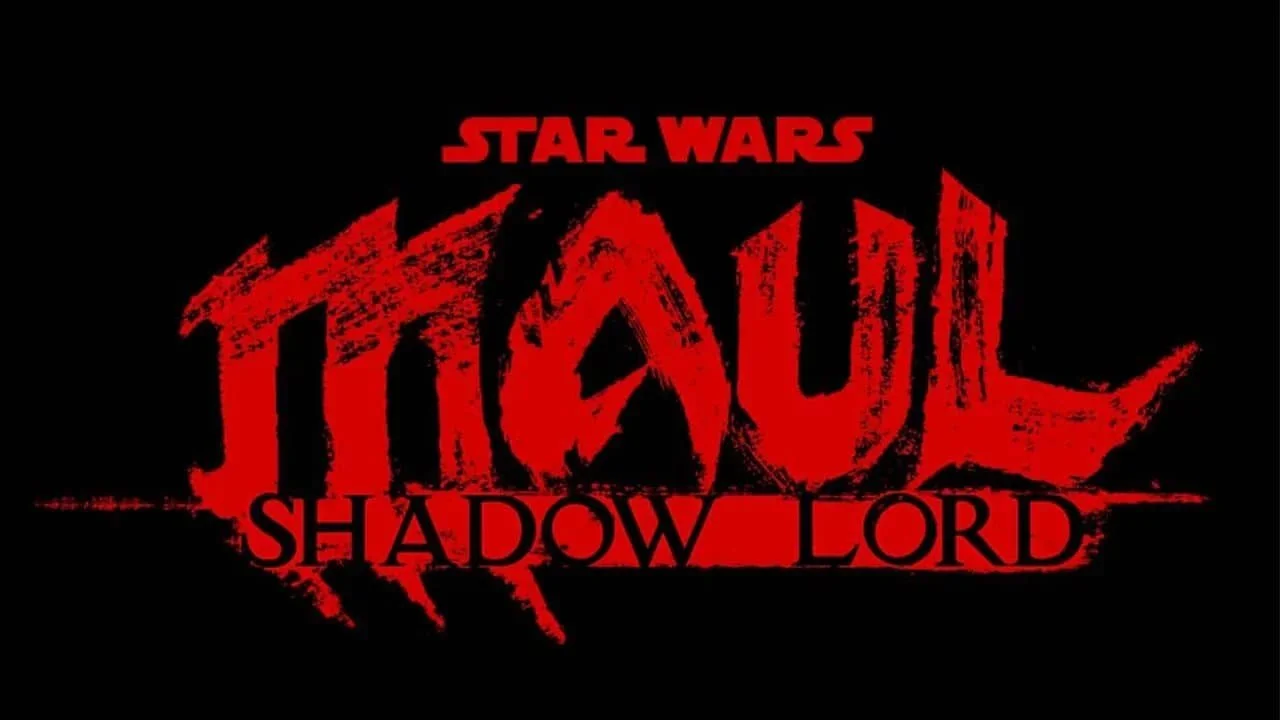The History Of Unions And 'Star Wars'
Image Source: BigIssue
Unions have been in the news for quite some time, mostly due to the writer and actor strikes that have spread throughout Hollywood and have created a standstill for the filmmaking industry. The stand-off between the unions and the studios has captured the imagination of many seeking entry into the industry. Many of the short-term effects of this strike have been felt across the industry, especially for many geek culture staples like Marvel and Star Wars who have seen release dates for future installments be pushed back and in some cases, productions have completely shut down.
Lucasfilm of course being part of the Disney Company is technically part of the AMPTP and thus is not able to make a deal with the unions independently from Disney or hire non-union actors and writers. This begs the question among fans, what would Lucasfilm be doing if it was still an independent company under George Lucas?
RELATED:
George Lucas’s biggest claim to fame was going against the grain of traditional Hollywood Studios when it came to how things were done, both from a business and storytelling perspective. He was extremely big on being independent from mainstream movies and doing his own unique thing.
However, when it came to the Unions of Hollywood his relationship was tenuous at best. From his early disputes with the Director’s Guild to not always being able to cast SAG AFTRA actors, Lucas’s contention with Hollywood trade unions has been a rollercoaster of a history.
Lucas vs. Old Hollywood
Image Source: Wallpaperscraft
George Lucas was considered someone to be outside the Hollywood system and that included Labor Unions. As someone who wanted to make films his way by his rules, Lucas was very much opposed to following the Guild rules that applied to writers, directors, and actors who belonged to said guilds. In 1991 he was said to believe that “Trade unions are exploiting the present film boom in British film making tripling labor cost” according to Empire. The United Kingdom is one of the primary places he once filmed with Pinewood Studios. Lucas as a creator wanted things done a certain way and be able to micromanage people in order to ensure that specific direction was adhered to.
During most of its history Lucas and Lucasfilm did not employ union members for most things be it writers, directors, and even actors. In particular, Lucas wanted his films to be structured a certain way and thus certain rules regarding credits were ignored. This would lead to one of his more famous spats with the traditional guilds of Hollywood during his feud with the Directors Guild of America (DGA) during the filming of Empire Strikes Back.
The Directors Guild vs. Lucas
Image Source: Youtube
One of the most notable points in George Lucas’s career was when he clashed with the Directors Guild of America around the time of wrapping up Empire Strikes Back. Back in the 80’s one of the biggest rules for a DGA member was for the director’s name to appear at the beginning of the film in the credits. This was something that George did not want to do since it would against his idea of how a Star Wars film should be structured.
Most if not all Star Wars films begin not with the opening credits but with an opening craw, any sort of credits come at the end of the film. It was a unique revolutionary way of structuring a film that went against most of what Hollywood was doing at the time. During the making of Empire Strikes Back, George Lucas hired Director Irvine Kirschner to direct. Kirschner was a member of the Guild and thus Star Wars Empire Strikes Back would have to adhere to the rules of Hollywood and the guild.
While Kirschner himself was fine with his credit on the film being at the end the DGA itself was not happy with the rules being broken. Such restrictions were something Lucas himself did not want to adhere to for in his own mind it went against the creative intent of the movie his company owned. Thus in protest, he quit the DGA and from then on worked with directors outside the Guild. Hence why when he did Return of the Jedi he got a nonunion member in Richard Marquand and not close associates like Steven Spielberg or even David Lynch.
Lucas would not have to deal with this moving forward with his Prequel Series for he himself directed them and thus outside normal union rules in regards to the director. This rule of course seems to have been loosened over the years as modern Star Wars which does employ Director Guild members is allowed to continue with the traditional opening crawl and credits at the end.
Gary Oldman as Grevious
Another smaller example of how Star Wars films have been affected by being outside the union’s purview was originally the voice of General Grievous was almost played by the enigmatic Gary Odlman, who has played several roles from Commissioner Gorden in The Dark Knight to Winston Churchill in Darkest Hour. Sadly this was not to be for Star Wars was being made as a non-SAG-AFTRA film and thus he was not allowed to have the role. It was said he did not take the job out of solidarity with his fellow union actors who Lucasfilm was essentially ignoring in order to get around union rules.
An example like this very much showed that Lucasfilm under George liked to keep things very independent of anything resembling establishment Hollywood. Even though one could argue that by the time of the Prequels Lucas had already become the establishment, long gone were the days of him being just a rebel against the current system. Of course, he still liked to not hire union labor as he would be able to have the cast and crew follow his very specific instructions for how he felt his films should be made.
George the Independent Creator
Image Source: CNN
As with these examples George Lucas who for the most part had a pretty progressive mindset on most things did have his opinions on the Labor Unions of Hollywood and Filmmaking in general. However, most of it always came from how it, on its own, interfered with the creative process. When making his films George wanted to do things his way and that meant not listening to what the studios or the unions said. How George would have handled today’s Hollywood unions is hard to say, perhaps he would have made a quick deal with them as an independent studio or perhaps he would have just continued on using non-union workers and maintaining independence at all costs. Its hard to say, but George very much was about doing things his way, and sometimes his way was not always the way the unions wanted it.
READ NEXT:

